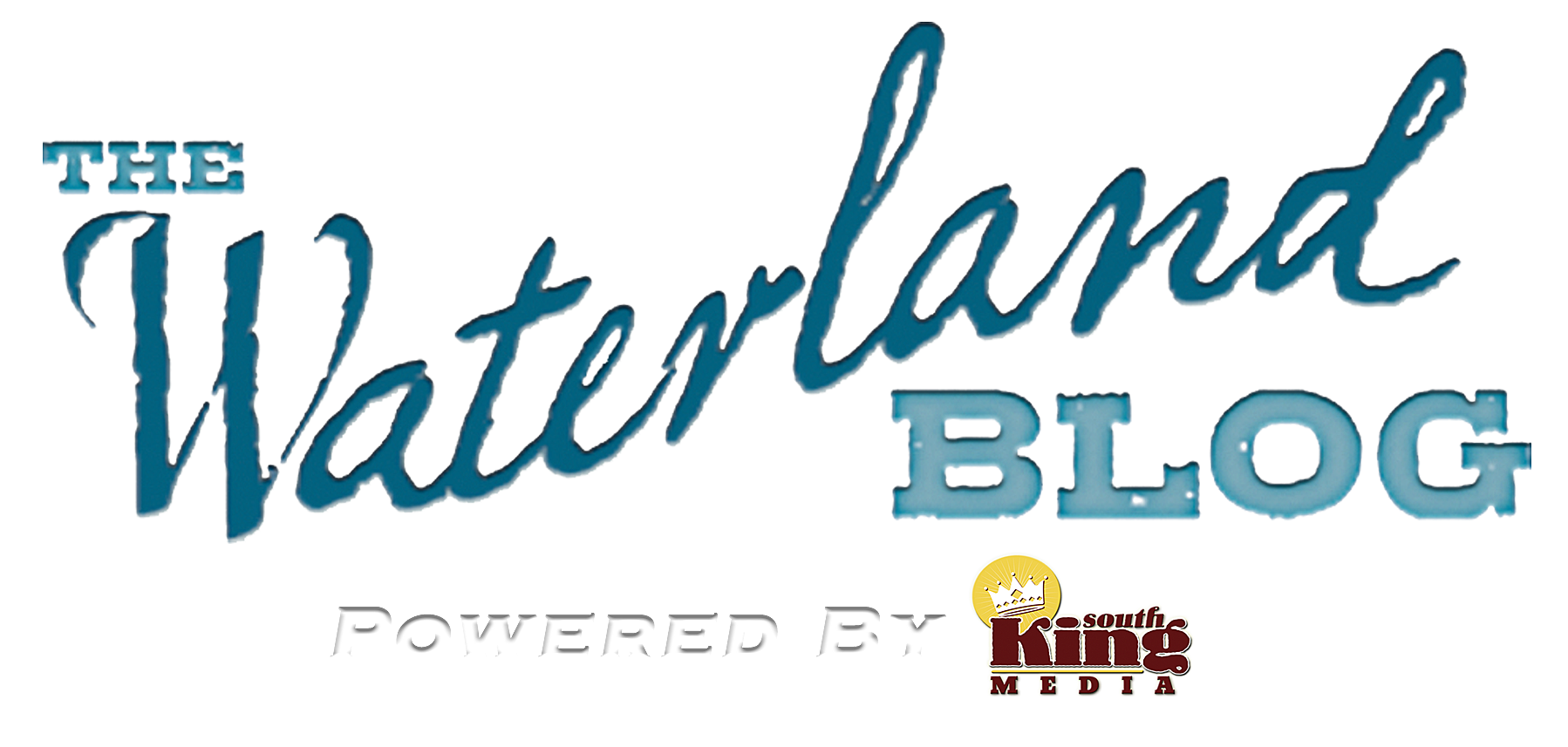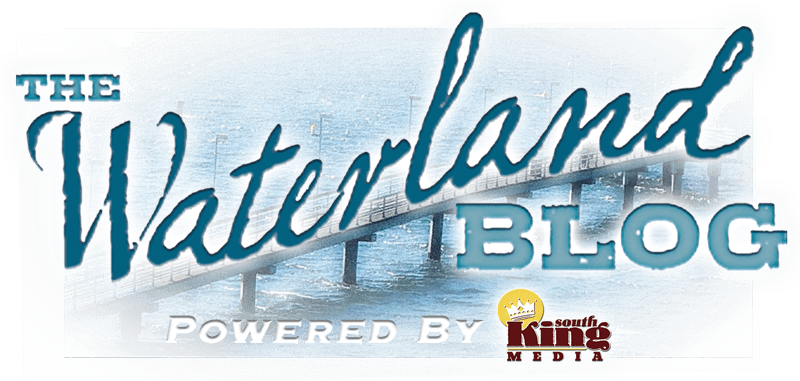By Makenna Schwab
UW News Lab
A ninth graduation pathway for Highline School District students did not meet the required approval threshold to pass during the meeting on April 17.
“It’s not a no,” Director Azeb Hagos told her fellow board members during the vote, “but it’s a pause.”
Called to order by President Angelica Alvarez, the school board meeting contemplated a total of five issues, one concerning a “cooperative interlocal purchasing agreement for fresh produce products” with the Auburn School District. Three others concerned replacements at Evergreen High School and Tyee Middle School as well as roof repairs at the Maintenance Operations and Transportation, Chinook Middle School, and Hilltop Elementary School – all of which unanimously passed.
One action item failed to pass at this meeting – Policy 2415, High School Graduation Pathways. Currently, there are eight pathways’ students can take to earn their diploma and carry on to the next stage of life. Students can pass State Assessments, Dual Credit Courses, High School Transition Courses, Advanced Coursework, SAT or ACT Exams, Combination, ASVAB, and Career & Technical Education Courses.
“This pathway in particular,” Director Hagos elaborated, “is meant to declare students are ready for success and propose secondary education and have access to gainful employment after high school.”
The ninth pathway that was being considered on Wednesday was a performance-based pathway. According to the policy document, this new pathway would include a proposal or learning contract created by the student for an opportunity developed by the school or district. The final product of the student’s proposal must showcase that they have met the appropriate standards in English Language Arts and math. The evaluation would be completed by one teacher who is accredited in the given subject matter utilizing state-developed proficiency targets and rubrics.
Following the introduction of this item by President Alvarez, Directors Hagos and Melissa Petrini both raised their questions and concerns with the item in its present state. While both directors were in favor of the general concept, there were crucial details that caused them to raise flags.
“We do have a policy that speaks to best practice around adopting new policies.” Director Hagos commented, “One of those pieces is to ensure that people have an opportunity to either write in and comment or provide oral comment when introducing or considering new policy and I believe that’s not happened just yet.”
Hagos continued on to address the lack of clear policy on learning potentials and one on one experiences to be had in this pathway, the vagueness of the workload on already overburdened educators, and no clear annual data reporting plan per House Bill 1308 for both students and families.
“Although I’m greatly in favor and looking into expanding and offering this pathway for our schools,” Hagos concluded, “there were several things that caused me pause.”
Director Hagos was not the only board member present that had qualms about the bill in its current state – Director Petrini also raised a few issues of her own on behalf of the parents of the district and the lack of structure that is in place for similar programs.
“The lack of structure or lack of STEM curriculum,” Director Petrini said, “causes me to want to reflect more on what kind of foundational learning and literacy are we making sure is present but also opportunities for annual review of the data to make sure the students are meeting standards and really are prepared for that future they choose.”
During the roll call, the motion failed 2-2 with both Director’s Hagos and Petrini voting no. Answers to the director’s questions and adjustments to the bill will likely be on the agenda for the next school board meeting on Wednesday, May 1, 2024.
Makenna Schwab is a junior in the Journalism and Public Interest Communications program at the University of Washington.


